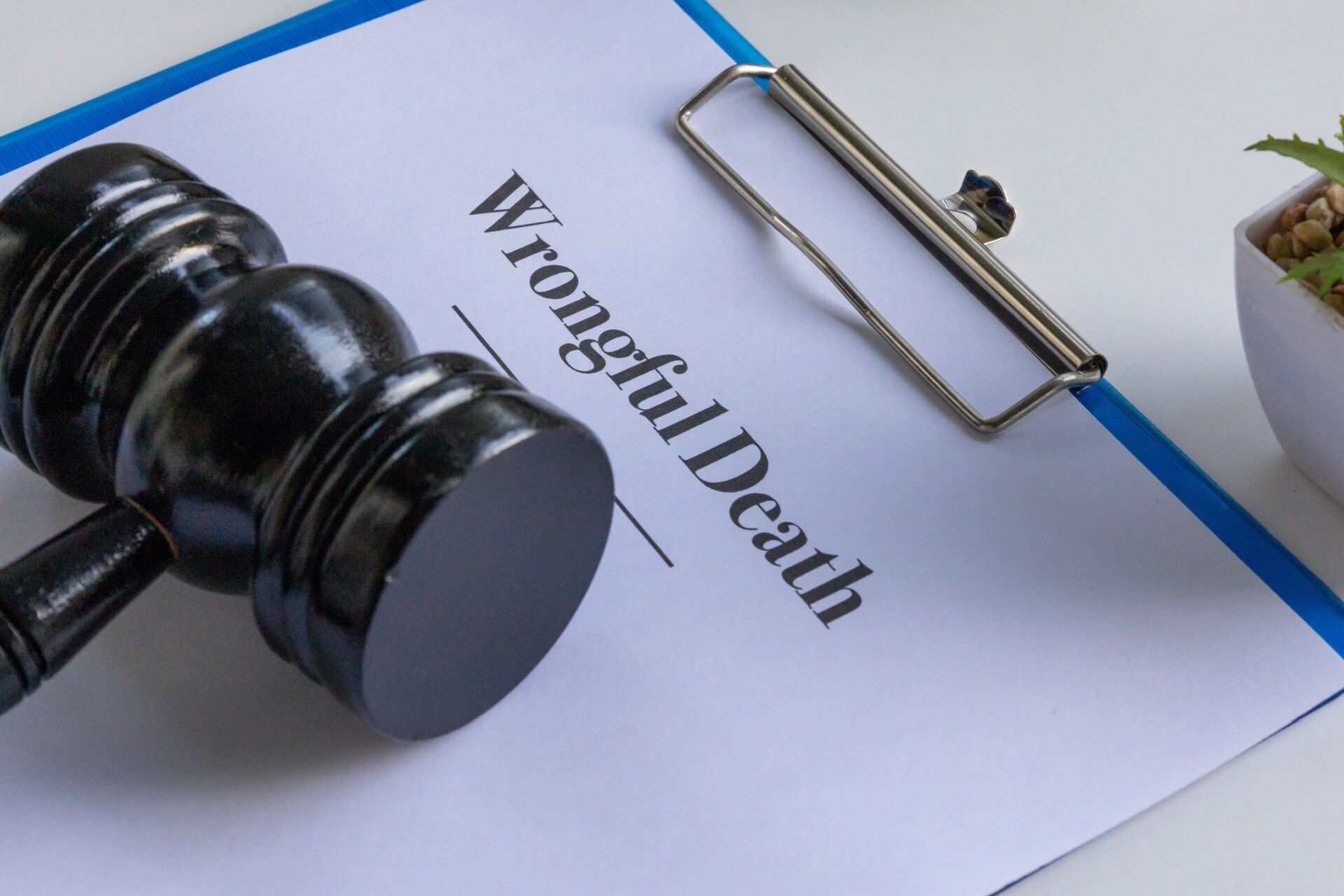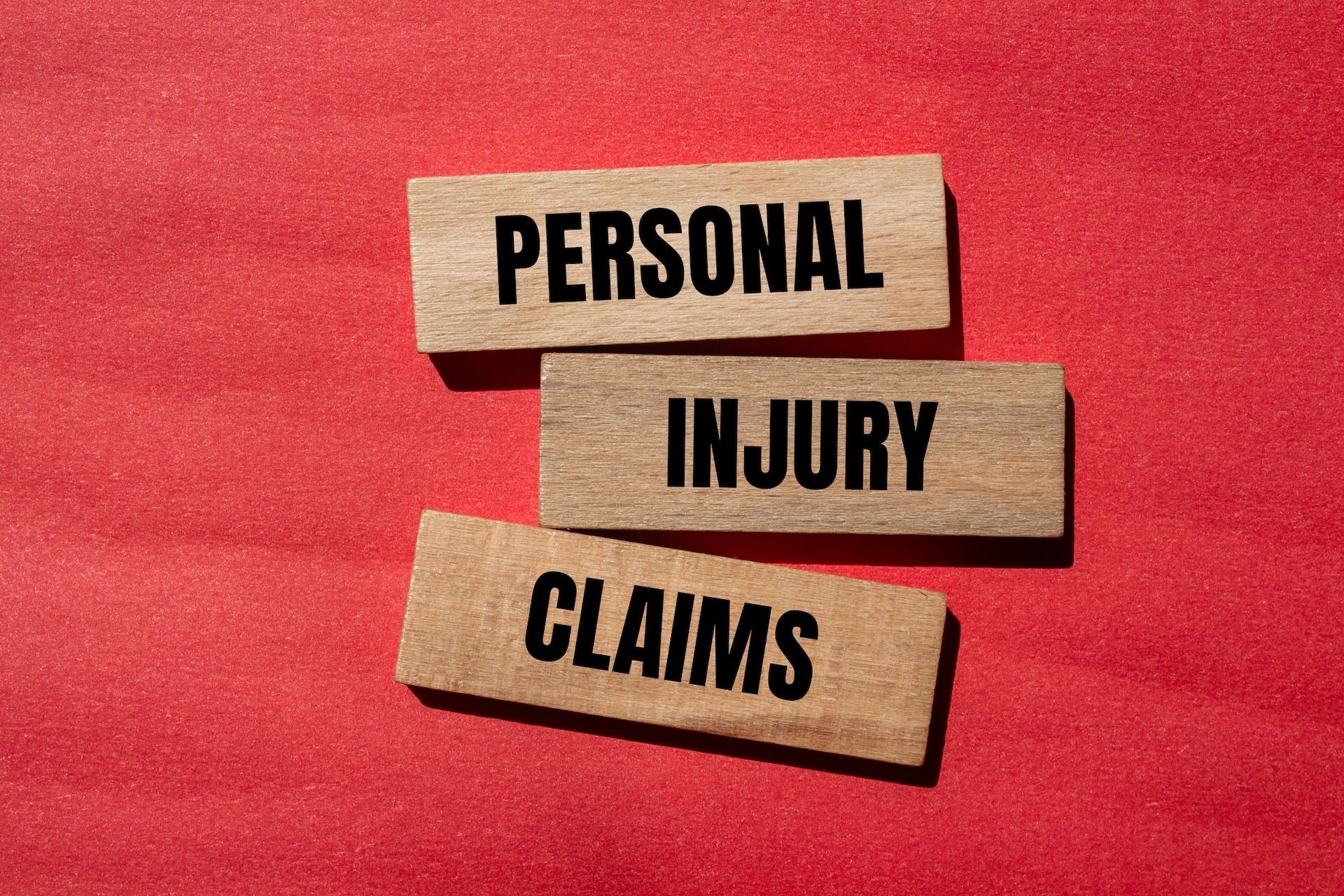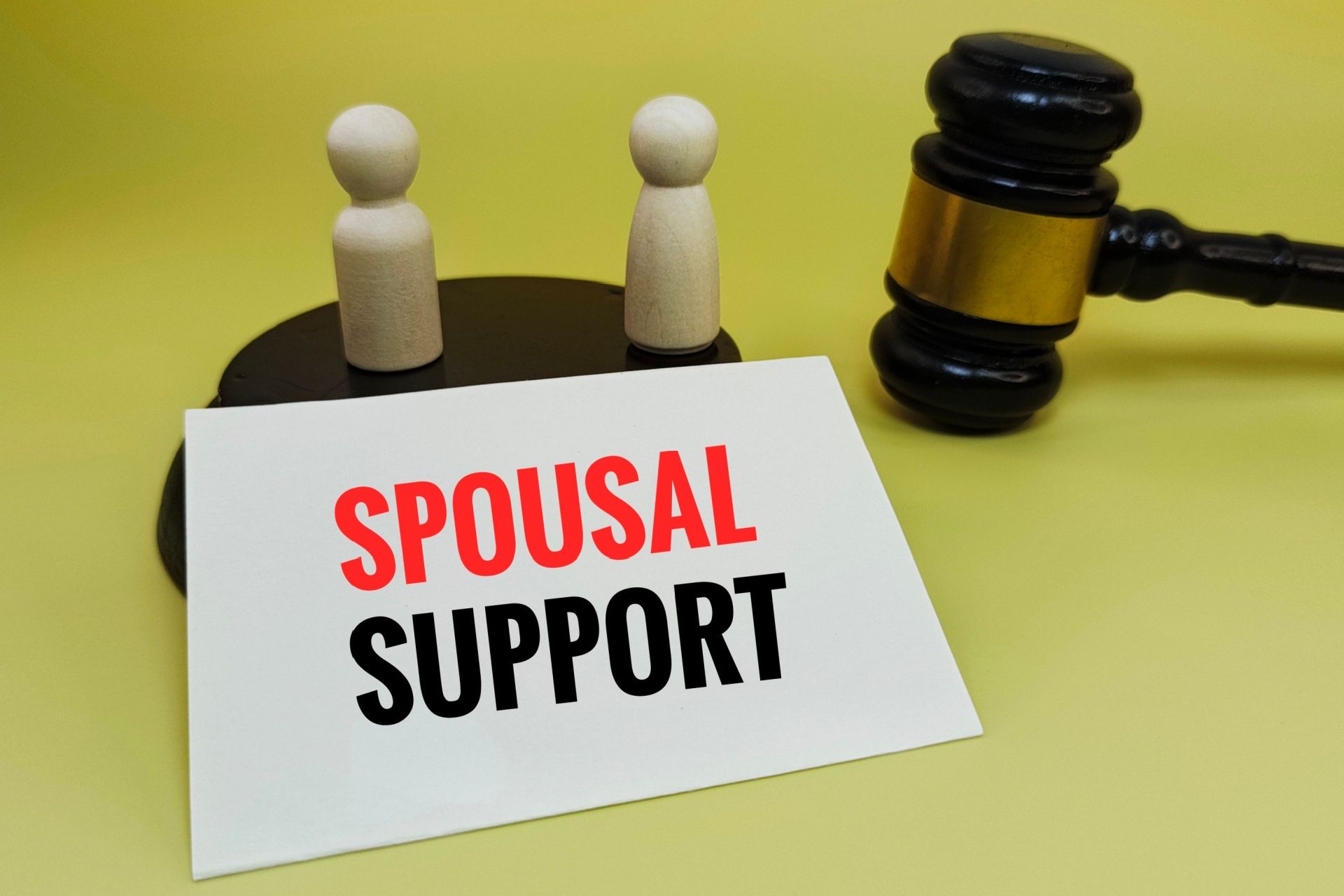How to Use Vocational Evaluations to Strengthen Your Wrongful Death Case

Did you know that in the United States, wrongful death cases can sometimes result in multi‑million‑dollar payouts?
Behind those numbers are grieving families seeking justice for their loved ones—and fair compensation for the loss they’ve endured. But while proving emotional loss is important, courts also look closely at the financial impact of the death. That’s where a Vocational Evaluation for Wrongful Death Cases becomes a powerful tool.
In this guide, we’ll break down what vocational evaluations are, how they work, and why they can be the key to strengthening your wrongful death case.
What Is a Vocational Evaluation?
A vocational evaluation is a detailed assessment done by a qualified vocational expert. It looks at a person’s education, work history, skills, and career potential to estimate what they could have earned over their lifetime. In wrongful death cases, the evaluation focuses on the economic loss caused by the victim’s death.
A vocational evaluation can include:
- Past employment records and earnings history
- Education and training background
- Skills and certifications
- Career growth potential
- Expected wage increases over time
- Benefits and retirement plans that the person would have received
When paired with economic analysis, this evaluation can show the true financial value of the person’s life in terms of lost income and benefits.
Why Vocational Evaluations Matter in Wrongful Death Cases
In the aftermath of a wrongful death, families face emotional devastation and often financial hardship. A Vocational Expert for Wrongful Death cases provides clear, evidence-based testimony that helps the court understand the full extent of the financial loss.
Here’s why it’s so important:
- Clarifies the Victim’s Earning Potential – Even if the victim was unemployed at the time, a vocational evaluation can project what they could have earned in the future.
- Provides Objective Evidence – The expert uses facts, labor statistics, and industry data to support their conclusions.
- Strengthens Settlement Negotiations – Insurance companies are more likely to settle fairly when presented with credible financial loss data.
- Helps Juries Understand Complex Numbers – Experts translate technical details into clear, understandable terms.
How Vocational Experts Build Their Analysis
A vocational expert doesn’t just guess a number. They follow a methodical process:
- Gathering Background Information: The expert collects education records, job history, skill sets, and any training certificates.
- Reviewing Labor Market Data: Using resources like the U.S. Bureau of Labor Statistics, the expert examines average wages, industry growth trends, and job availability in the victim’s field.
- Projecting Career Path and Earnings: The expert estimates the victim’s career trajectory, promotions, and potential pay raises.
- Calculating Lost Benefits: This includes healthcare, pensions, bonuses, and other perks the victim would have received.
- Collaborating with Economists: Economists then adjust these numbers for inflation, taxes, and present value so they reflect an accurate loss amount.
Addressing Special Situations
Not all wrongful death cases involve someone with a steady, full-time career. Vocational evaluations can still provide valuable insight in situations like:
- Stay-at-Home Parents – The evaluation can measure the economic value of household work and caregiving duties.
- Students or Young Adults – Experts can project potential careers and earnings based on education and abilities.
- Self-Employed Individuals – Income potential can be calculated using business records and industry data.
- Part-Time Workers – Projections consider possible shifts to full-time work or higher-paying jobs.
How Vocational Evaluations Support Your Legal Strategy
1. Strengthening the Economic Damages Claim
In wrongful death cases, damages are divided into economic (financial loss) and non-economic (pain, suffering, emotional loss). Vocational evaluations give concrete numbers for economic damages, making them harder for the defense to dispute.
2. Countering Lowball Offers
Without an expert’s analysis, the opposing side may undervalue the victim’s earnings potential. A solid vocational report leaves less room for these low estimates.
3. Increasing Jury Persuasion
Jurors tend to respond well to clear, factual testimony. A vocational expert can explain complex projections in a way that connects emotionally while staying rooted in facts.
Choosing the Right Vocational Expert
Not all experts are the same. When selecting a Vocational Expert for Wrongful Death, look for:
- Experience with wrongful death litigation – They should have a track record of court testimony.
- Strong credentials – Such as certifications in vocational rehabilitation or forensic vocational analysis.
- Clear communication skills – The expert must explain findings in plain language for judges and juries.
- Attention to detail – Every figure must be backed by credible data.
OAS, for example, has decades of experience providing vocational evaluations in wrongful death and other legal cases, delivering reliable, court-tested reports.
Common Myths About Vocational Evaluations in Wrongful Death Cases
Myth #1 – They’re Only for High-Income Victims
Truth: Even modest incomes, when projected over decades, can add up to significant losses.
Myth #2 – If the Victim Was Unemployed, It Doesn’t Apply
Truth: The evaluation can still estimate potential earnings based on skills, education, and available opportunities.
Myth #3 – They’re Too Expensive
Truth: The value they add to your case often far outweighs the cost, especially when it leads to a higher settlement.
How to Prepare for a Vocational Evaluation
If you’re working with an attorney on a wrongful death case, you can help strengthen the vocational evaluation by:
- Gathering All Work and Education Records – Pay stubs, W-2s, diplomas, and training certificates.
- Collecting Employment References – Letters or statements from employers and colleagues.
- Providing Family Testimony – Information about the victim’s work ethic, career plans, and goals.
- Sharing Financial Documents – Tax returns, bank statements, and benefit summaries.
The more complete the information, the more accurate the vocational report will be.
Final Thoughts
A Vocational Evaluation for Wrongful Death Cases is more than just a number—it’s a detailed, evidence-based projection that can make or break your claim for fair compensation. Showing the full financial impact of your loved one’s death helps ensure the court understands both the personal and economic losses.
If you’re pursuing a wrongful death claim, partnering with an experienced Vocational Expert for Wrongful Death can be one of the smartest decisions you make.
Contact OAS today to schedule a vocational evaluation and give your wrongful death case the strongest foundation possible.
FAQs: Vocational Evaluations for Wrongful Death Cases
What is the role of a vocational expert in a wrongful death case?
A vocational expert assesses the victim’s earning potential and career trajectory to calculate the financial loss suffered by their family.
How much does a vocational evaluation cost?
Costs vary based on case complexity, but the investment often results in a stronger claim and potentially higher settlement.
Can a vocational evaluation be used if the victim was a student?
Yes. Experts can project potential career earnings based on education, skills, and labor market data.
Are vocational evaluations accepted in all states?
Yes, vocational expert testimony is widely accepted in U.S. courts, though rules on admissibility may vary.
Who hires the vocational expert in wrongful death cases?
Typically, the family’s attorney hires the expert to prepare the report and testify in court if needed.
Disclaimer: The information on this website and blog is for general informational purposes only and is not professional advice. We make no guarantees of accuracy or completeness. We disclaim all liability for errors, omissions, or reliance on this content. Always consult a qualified professional for specific guidance.








